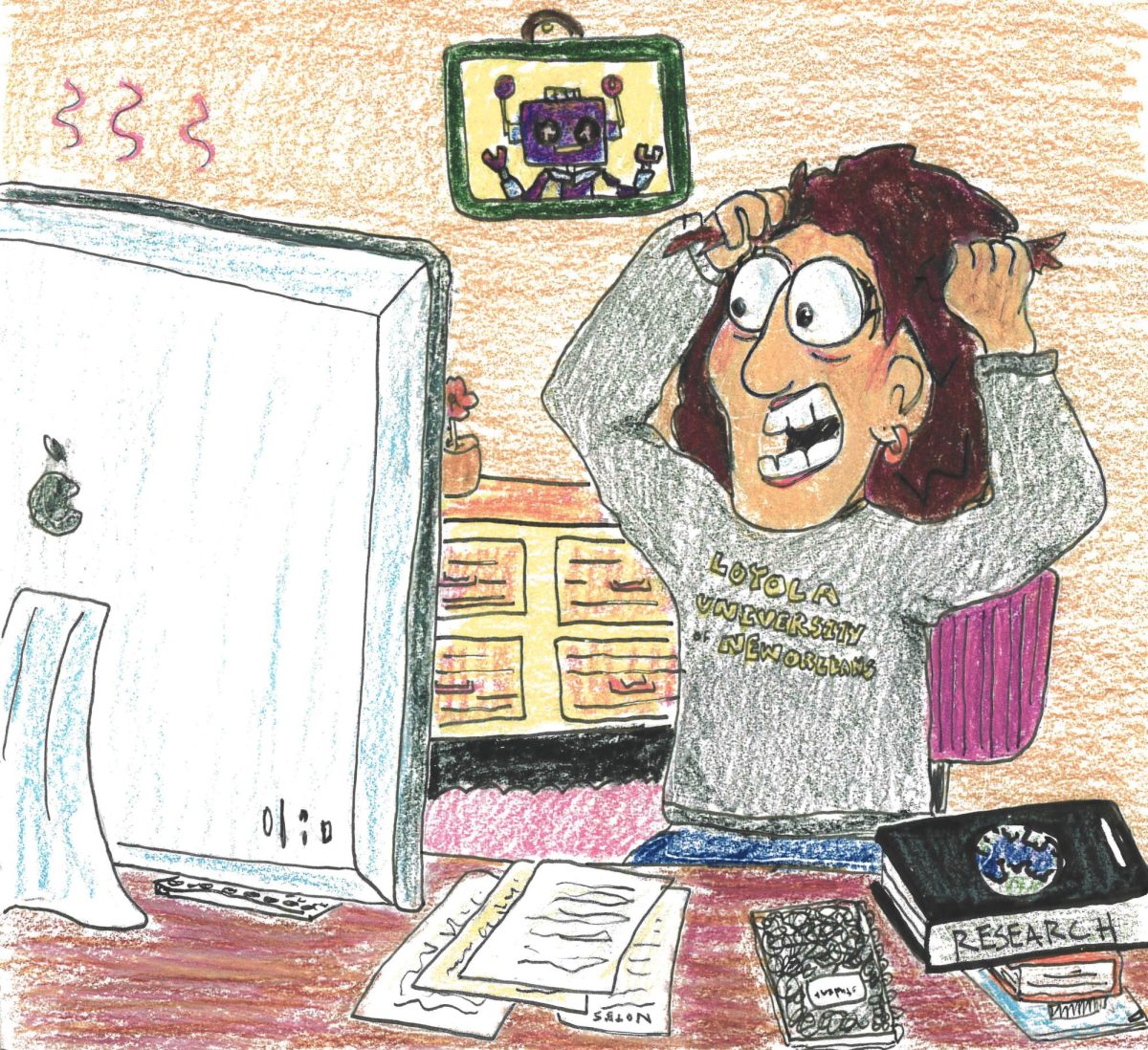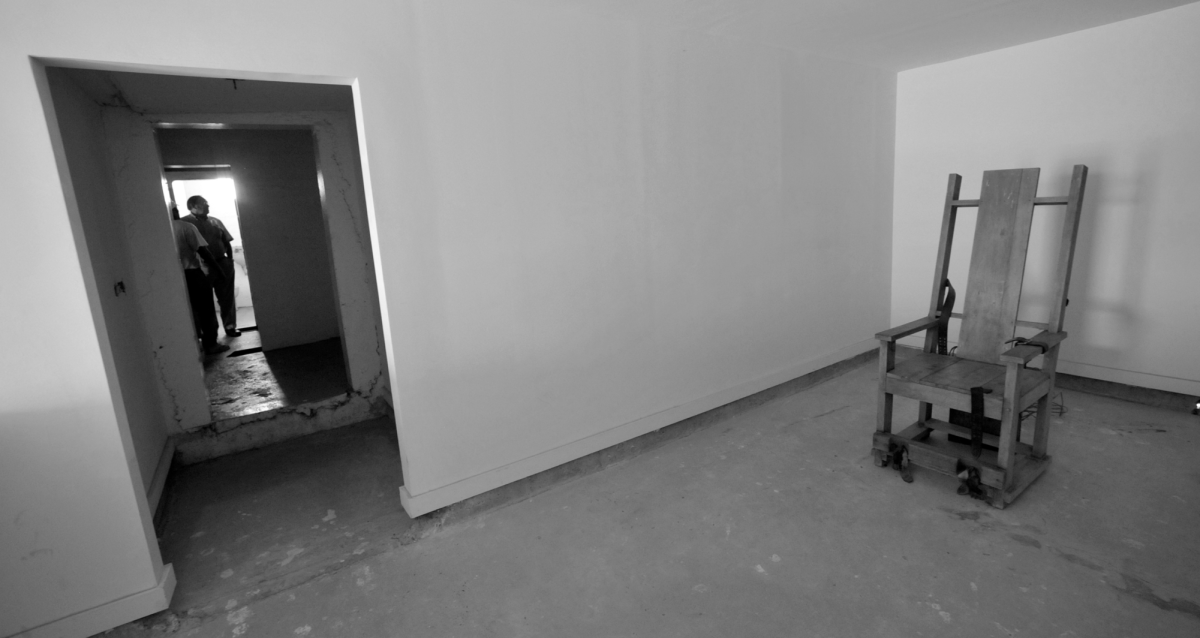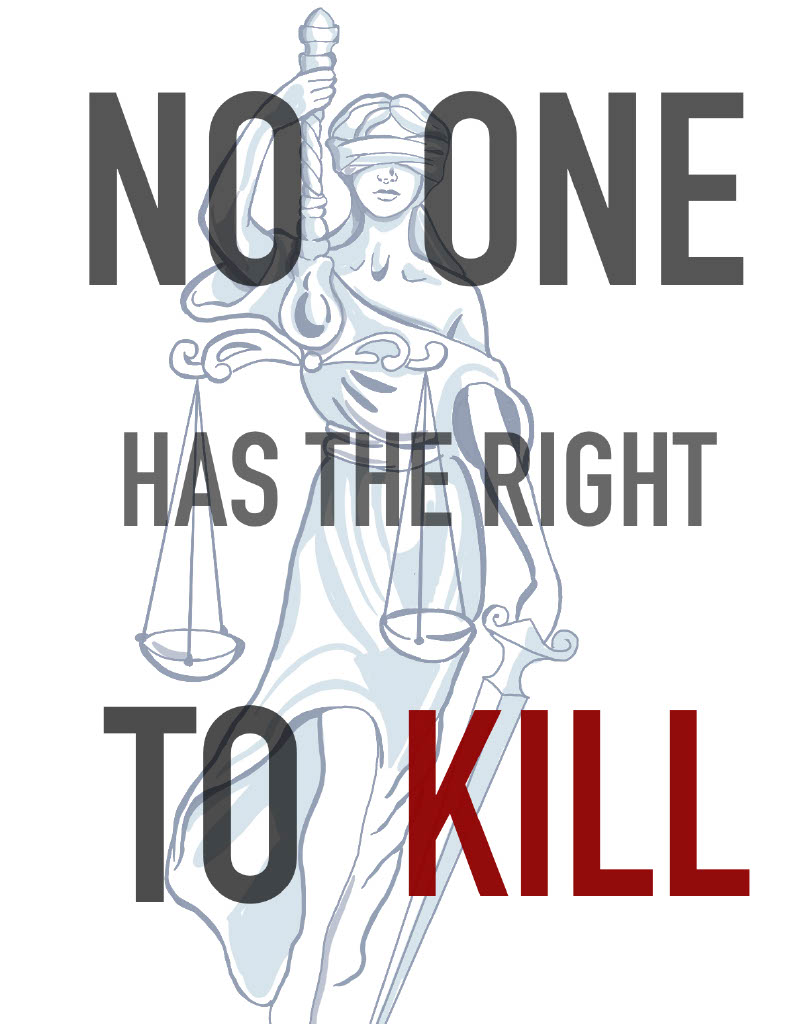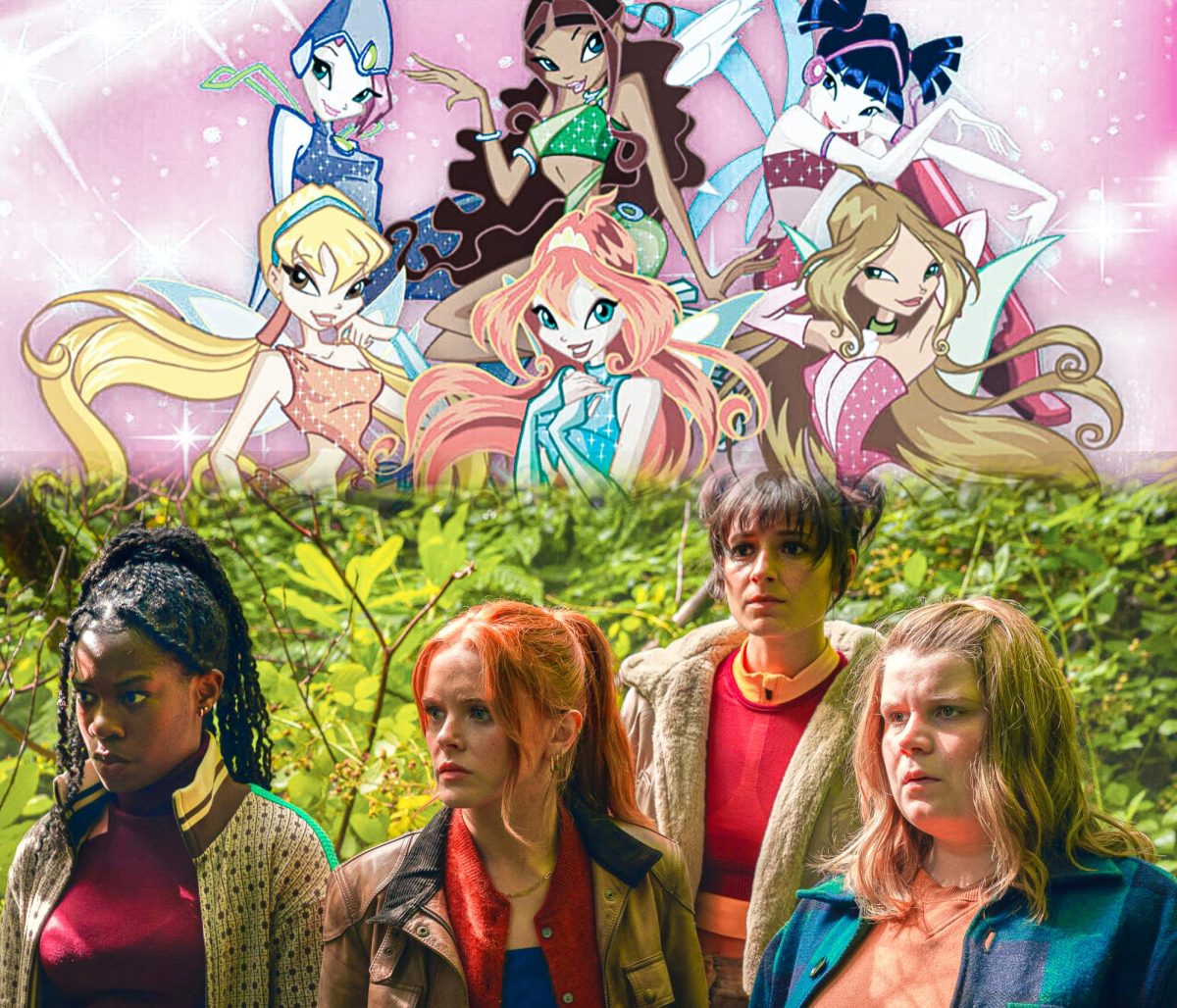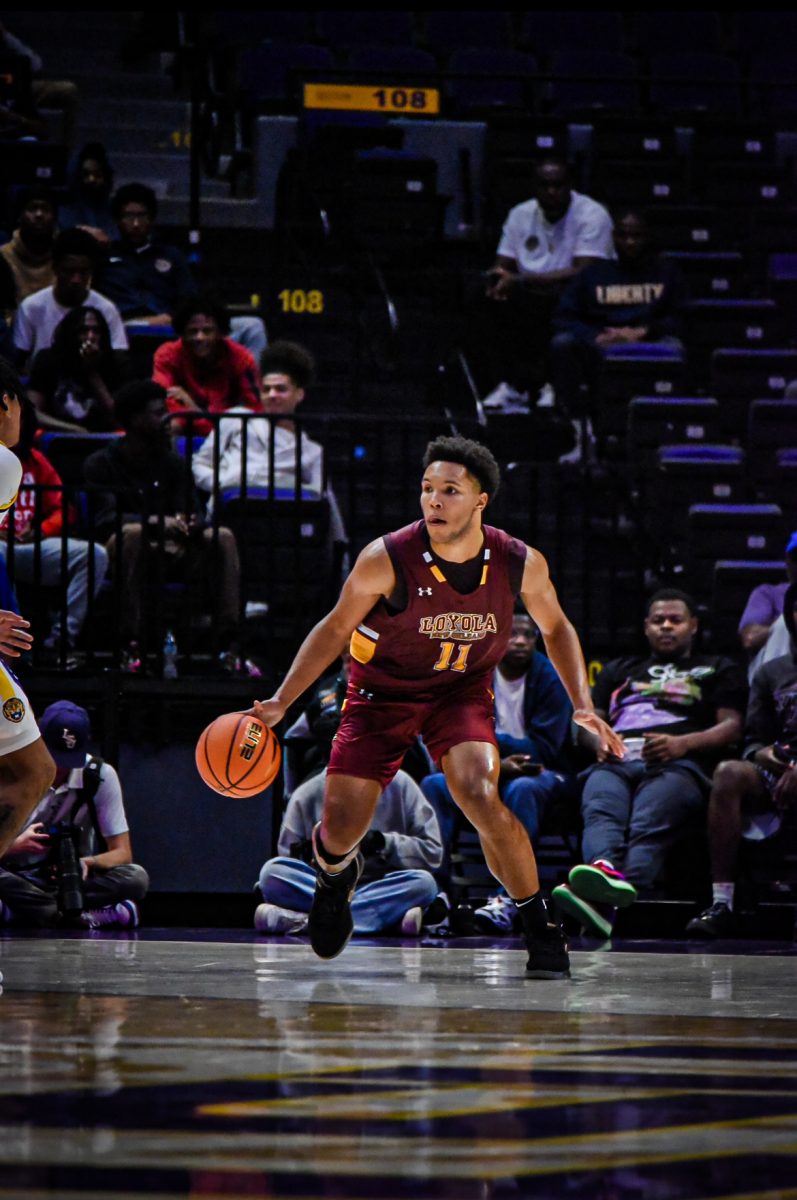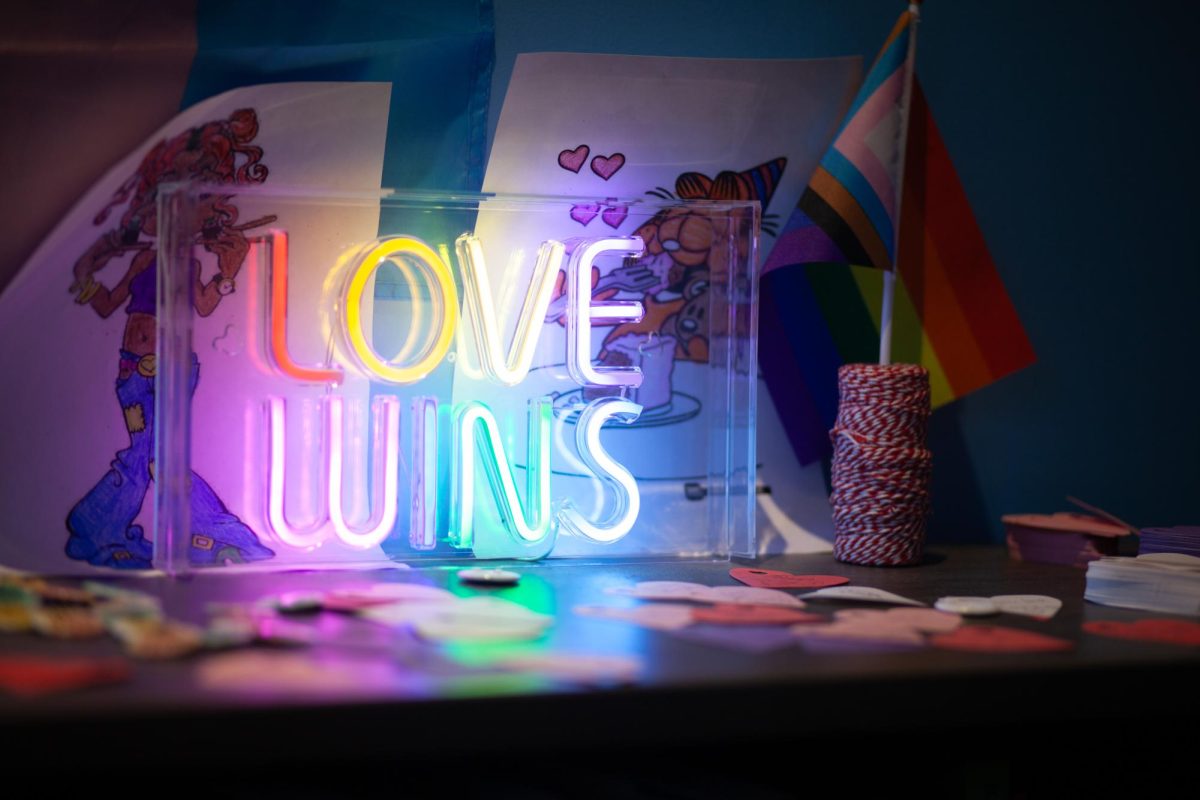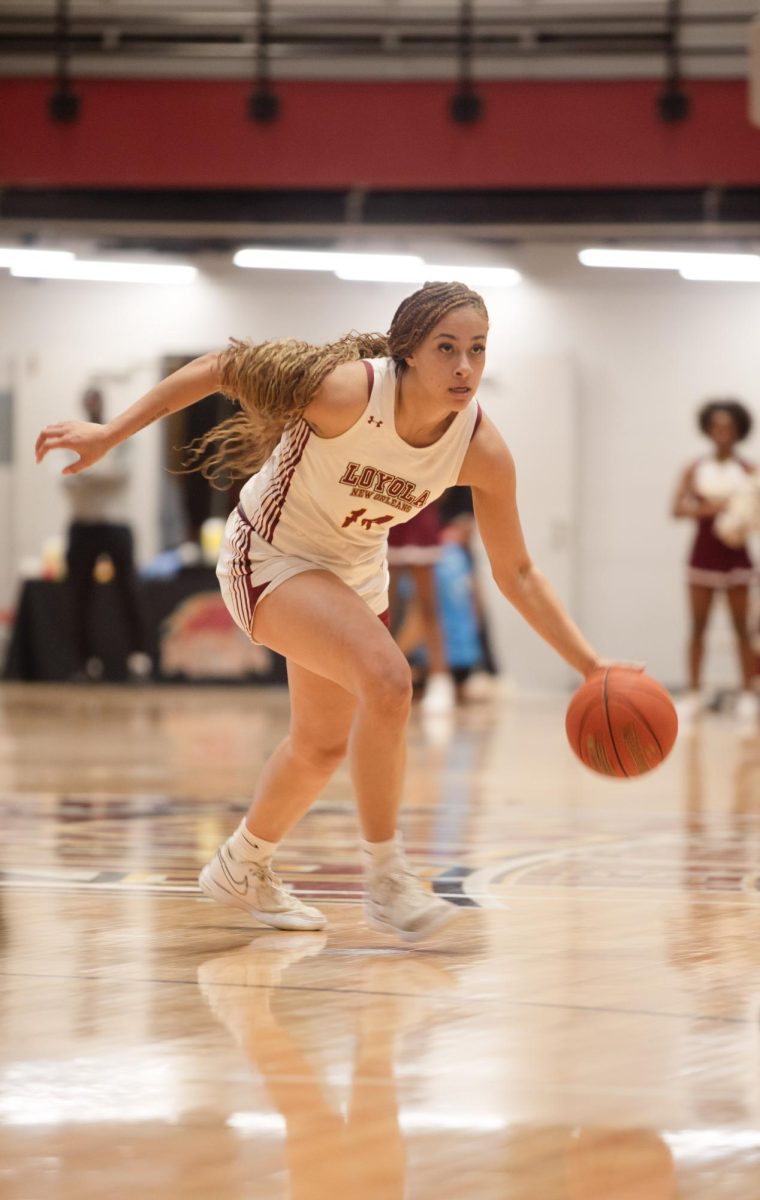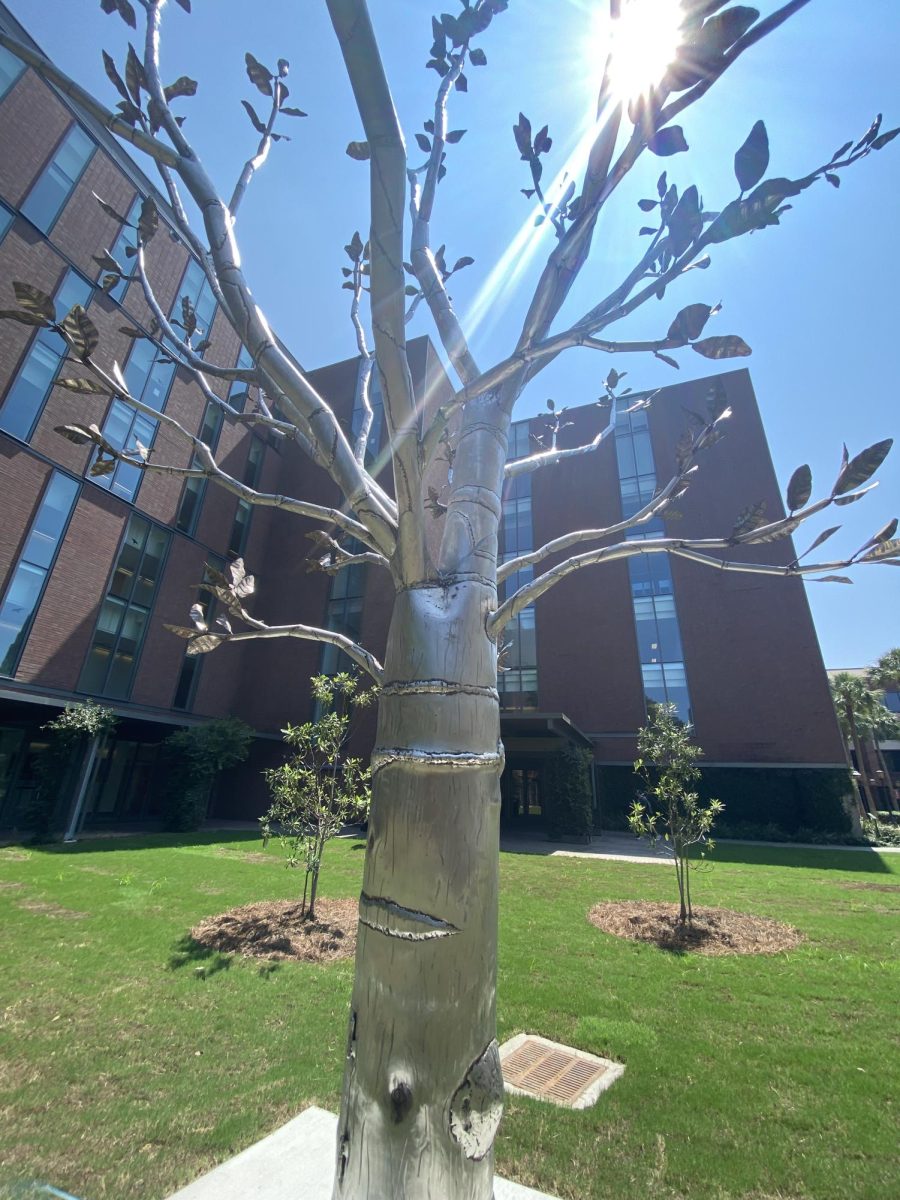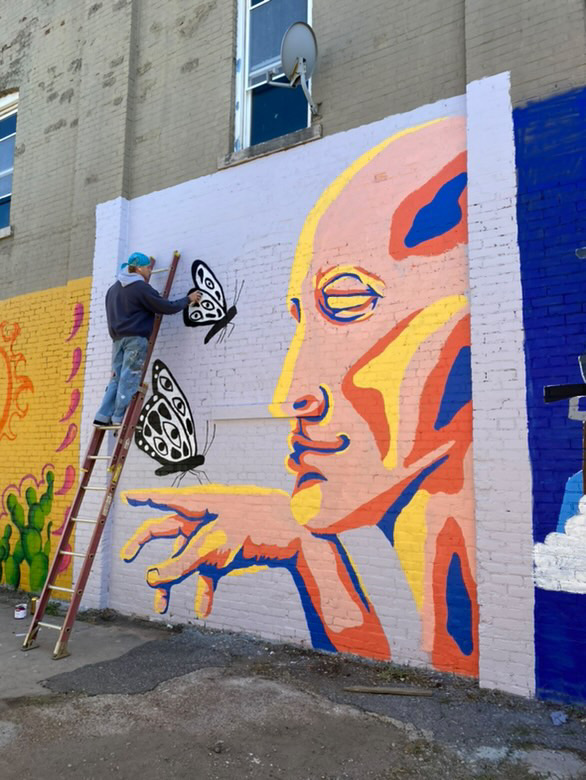As Director of Composition, I get asked a lot about the possibility that students will use artificial intelligence instead of doing course writing themselves–sometimes by faculty and, today, by an intrepid student editor at the Maroon.
My answer starts by pointing out that this is not a new problem: For a long time, students who chose not to do their own coursework mostly got out of doing papers by getting other people to write them.
What’s different about AI?
AI is like a smart friend that specializes in telling you whatever you want to hear.
If the chatbot wants anything, it wants to help you, but–as anyone who has ever tried to explain to a chatbot why they want to return a weird shirt can attest–AI is only able to give you certain kinds of help.
And what you need “help” with at college, when you are learning something new, is developing your understanding of the material and connecting new skills or knowledge with what you knew before.
Think about the difference between having a friend write a paper for you and having a friend help you write your own paper. By listening to what you say, your friend–especially if they are an English major–will ask you questions that can help you get to your ideas, making your paper much better–and also more your own.
In another sense, AI is like having a teacher that marks up all the grammatical errors in your paper without responding to your ideas–it wants to fix your commas, your citation style. Arizona State University is experimenting with AI as a tutoring tool.
From where I sit, the problem with that is that the chatbot does not care about the substance of what you say. Faculty do.
When I respond to student work, I am responding as an expert in the subject as well as someone with a history of teaching. I am interested in the evidence, and I’m even more interested in the way the student uses it. No two students read the text the same way. Writing a paper isn’t only about “expressing” your ideas, but developing them. So reading student work lets me learn something new about the course material and what a student is getting out of it.
Most college papers ask you to draw evidence from coursework. In my class, that means not only the things we have read together but the discussions we have had: student papers should reflect what you learned from listening to your peers as well as from doing the reading on your own. Most important, it should build on what you–and only you–knew before you started the class. Integrating new perspectives from coursework across disciplines is the part of your degree that you will take with you.
So, Maroon readers, my argument is that using AI to respond to readings or write papers cheats you out of the most transformative part of a Loyola degree: the hours that you spend engaging with assigned material both in and out of class.
This work not only lets you get more out of your courses, but empowers you to apply ideas from your classes to different contexts and to make funny jokes with your friends.
The time you put in on your coursework is your education. And that education will change what you are able to know and do long after you graduate.
It will change you.


